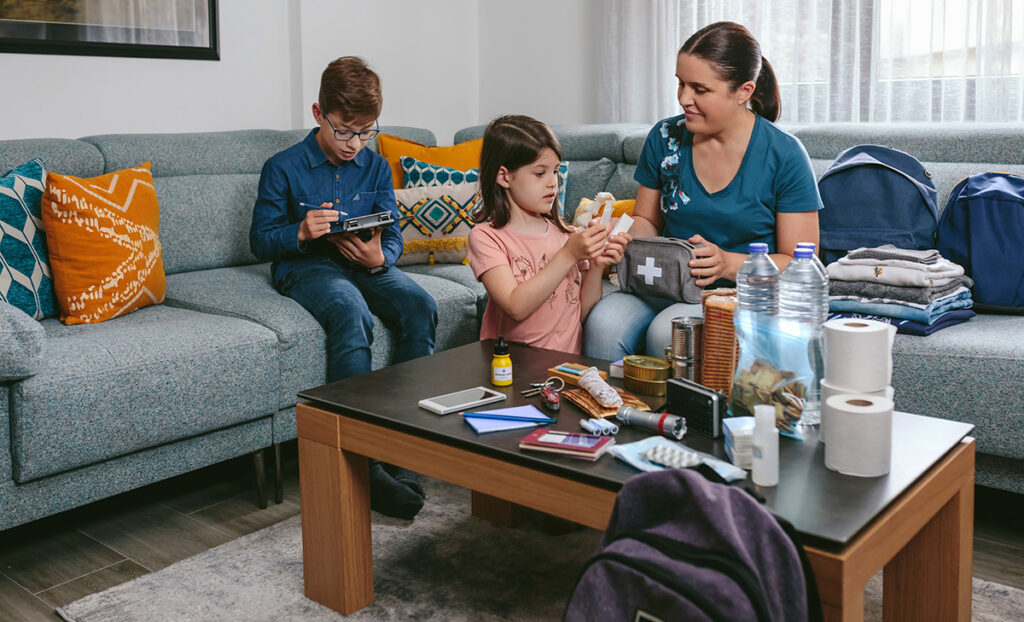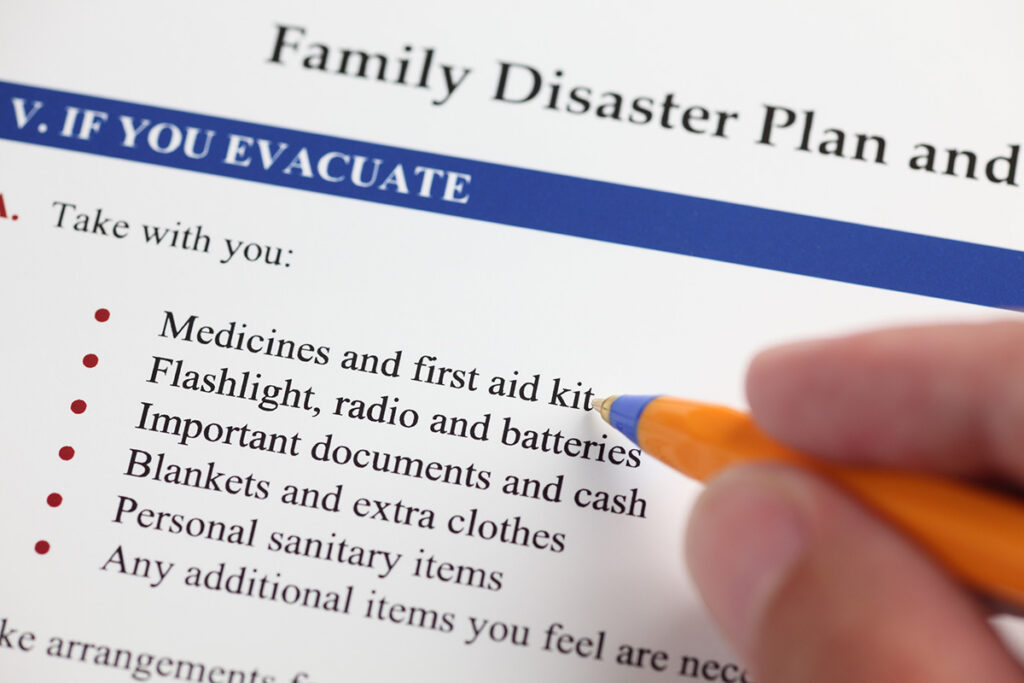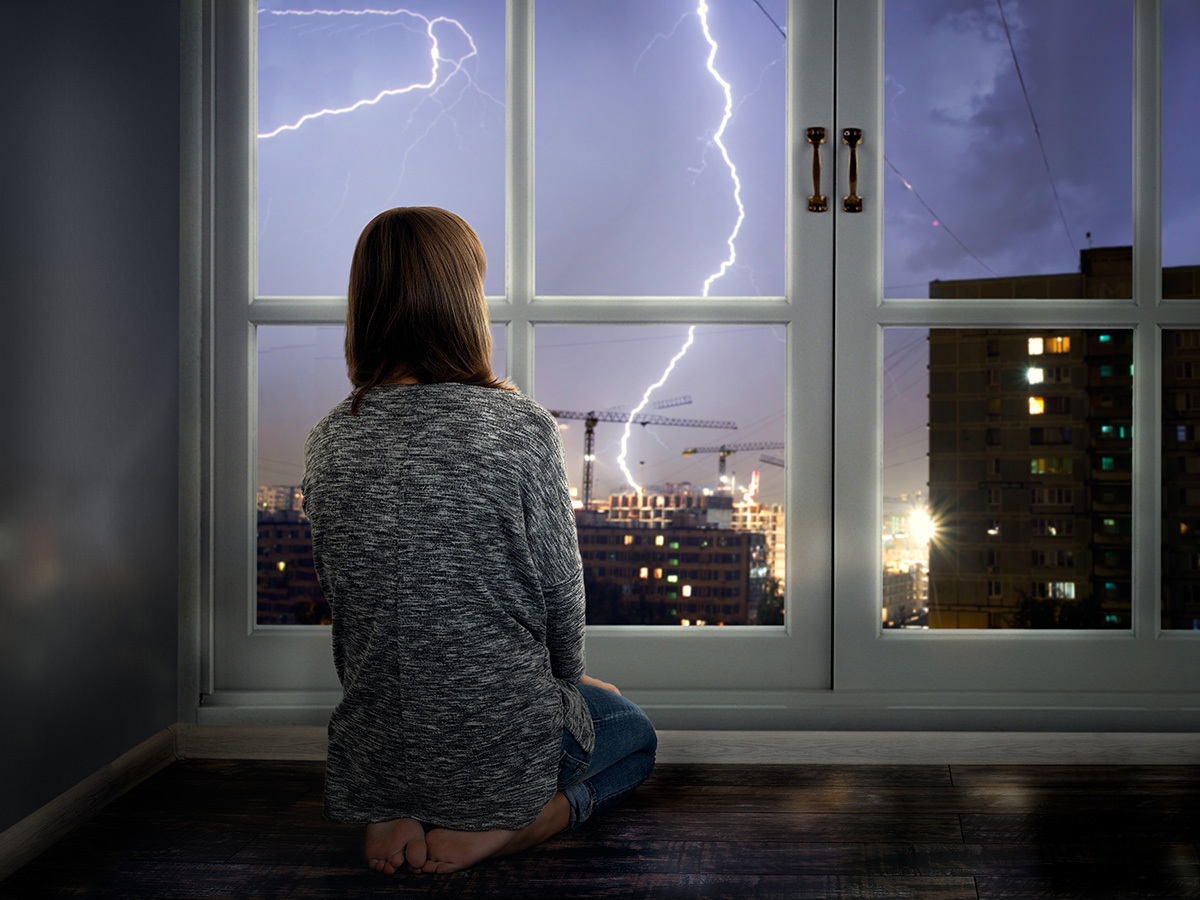National Preparedness Month: Are You Prepared for a Natural Disaster?
Preparing for bad weather or a natural disaster can be costly and stressful, but it doesn’t have to be. The best way to avoid the fear of not having enough essentials or how to care for others, like the elderly or small children, is through preparation. September is National Preparedness Month, an initiative founded by the Federal Emergency Management Agency (FEMA) and the Advertising Council (AD) to help others manage those concerns.
In 2003, they launched the Ready Campaign, a national public service campaign designed to educate and empower Americans to prepare for, respond to, and mitigate disasters and emergencies. The campaign’s goal is to “promote preparedness through public involvement.” Every September, the campaign features new themes and perspectives.
Natural disasters can happen anytime, so you may need more time to do store runs or make orders. Could you survive a few days with the items you have on hand right now to make an emergency preparedness kit? If you answered no, you are not alone. Value Penguin surveyed 2,000 Americans and found that most need help to prepare adequately.
- Two-thirds of Americans don’t feel fully prepared for potential natural disasters, with many lacking essential emergency preparedness items.
- The main things consumers don’t have include generators (73%), emergency evacuation kits (68%) and radios (45%).
- 45% of Americans don’t know what their insurance covers regarding natural disaster claims.
- 51% of Americans couldn’t name all 18 events that FEMA considers natural hazards, which is a vital first step in classifying natural disasters. Specifically, less than 10% of consumers know hail, strong wind and lighting can be considered natural disasters.
FEMA classifications of natural disasters are critical in determining aid, but most consumers aren’t sure what could be considered a natural hazard.
Beyond Finance understands that it can be challenging to prepare for the worst, even if your budget financially doesn’t seem like it can withstand any inconvenience. That’s why we want to share three small tips that could help you kickstart how prepared you are for a natural disaster.
Make an Inventory List

Before you panic and purchase multiple items, check around your home and consider what you have. Putting what you do and don’t have on paper will bring you and your wallet peace of mind. It will also help you save money by budgeting for items you need to prepare for any natural disaster.
It’s easy to enter a store and stray from your original list of items. The mind tends to get away from us, and we convince ourselves to buy multiples of certain items or buy things that weren’t on the list initially. Start with the basics and work your way up. FEMA has a checklist for anyone to build a supply kit for readiness and comfort.
Keep It Simple

You may think of many materials to have during a natural disaster, but sometimes, it’s better to keep your items simple. Only bring what you know you will need.
In addition to these simple items in FEMA’s list, focus on making lists of safe routes with emergency contacts along the way. Also, consider setting up safe meeting places for your family if you become separated.
Update Policies

Most homes or apartments require you to have home and property insurance to help protect them and you in times of inclement weather or natural disasters.
The paperwork and explanation of benefits can be challenging to understand and read through thoroughly. Call or chat with someone through your provider about precisely what your plan covers.
Don’t wait until the bad weather arrives to attempt a policy increase or get one. Take your time when reading through it. That will help provide a better comprehension of your protection policy if any natural disasters happen. Always keep a copy of your policy with your emergency supply kit and have access to it electronically.
You always hope you never have to use any of the items in your emergency kit. Still, your ability to be prepared should never be compromised because of your budget.
